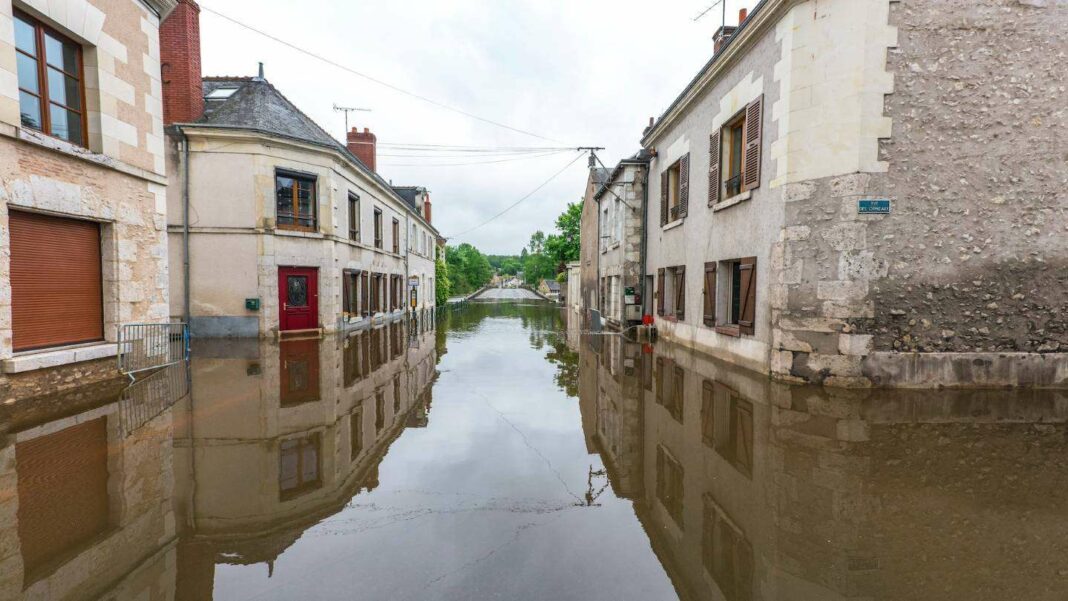Negotiations are set to begin in Washington for a new phase of the ceasefire between Israel and Hamas, with Prime Minister Netanyahu meeting President Trump to discuss the situation in Gaza. Amid ongoing protests in Israel and political tensions, indirect talks will focus on a permanent resolution and the release of hostages. Trump has also suggested resettling Palestinians in Egypt and Jordan, which has faced backlash from Arab nations, despite his optimism for peace in the region.
Negotiations for a New Ceasefire Phase
The United States and Israel are gearing up for crucial discussions regarding the second phase of the ceasefire with Hamas. As Prime Minister Benjamin Netanyahu prepares for a significant meeting with President Donald Trump, the political landscape in Israel is witnessing rising tensions, as protests erupt in various cities.
On Monday, negotiations aimed at extending the ceasefire between Israel and Hamas will kick off in Washington. Netanyahu’s office has revealed that he will meet with US Middle East envoy Steve Witkoff to outline Israel’s stance in the upcoming talks.
The following day, Netanyahu is set for a landmark meeting at the White House with President Trump, where they will address the future of the war-torn Gaza Strip, among other pressing issues. Witkoff is also scheduled to engage with Qatar’s Prime Minister Mohammed bin Abdulrahman Al Thani and senior Egyptian officials during the week to facilitate these discussions.
Indirect Talks and Ongoing Protests
The US, alongside Qatar and Egypt, continues to mediate discussions between Israel and Hamas, as the two parties have refrained from direct communication. With their assistance, a six-week ceasefire has been established in Gaza.
Beginning on the 16th day of the ceasefire, indirect negotiations will focus on a permanent resolution to the conflict, alongside the release of remaining hostages. This phase requires Hamas and its affiliates to return all hostages to Israel while striving for a conclusive end to the conflict that has persisted for nearly 16 months.
However, the political climate in Israel remains fraught, as right-wing politicians have threatened to withdraw from the coalition if Netanyahu moves forward with this ceasefire agreement. In a show of dissent, Minister Itamar Ben-Gvir and two other officials have resigned in protest.
In the lead-up to Netanyahu’s trip to Washington, protests erupted in Tel Aviv and Jerusalem, with thousands calling for the release of hostages held by Hamas. Families of the abducted individuals are anxious about the potential for the ceasefire to collapse, fearing the continuation of warfare.
As of now, 79 hostages remain in Gaza, with 35 reported deceased. Following the release of three more individuals, the next expected releases are scheduled for the upcoming weekend. Under the terms established on January 19, an initial batch of 33 hostages was agreed to be exchanged for 1,904 Palestinian prisoners over six weeks. However, reports indicate that eight of the 33 hostages may have died, leaving the situation uncertain.
In addition to discussing the hostages and ceasefire, Netanyahu’s agenda with Trump includes addressing issues related to Iran’s influence in the region, particularly concerning Hamas, Hezbollah, and the Houthis. Netanyahu is anticipated to be the first foreign leader received by Trump since his inauguration, marking a significant diplomatic moment amidst international criticism of Israel’s actions in Gaza.
Recently, Trump has proposed that Egypt and Jordan consider temporarily or permanently resettling Palestinians from Gaza, a suggestion that has met with strong opposition from foreign ministers of several Arab nations, who argue that such relocations would destabilize the region and violate Palestinian rights.
Despite the backlash, Trump remains optimistic about his proposal and has communicated with Egyptian President Abdel-Fattah al-Sisi, who expressed confidence in Trump’s potential to lead a new era of peace in the Middle East.
